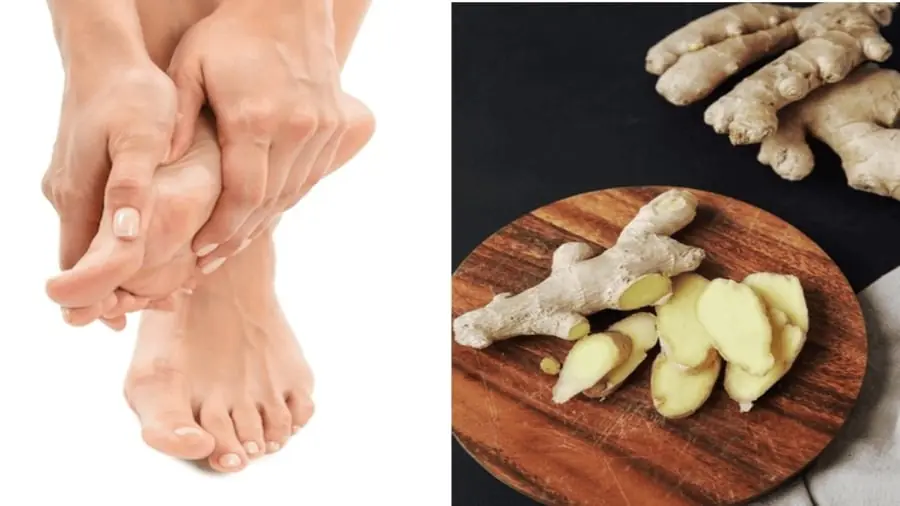
Cold Water vs. Warm Water: Which is Better For Your Health?
Cold Water vs. Warm Water: Which is Better For Your Health?
Water is essential for life, and the refreshing feeling of a cold glass of water to quench thirst is undeniable. But is cool water always the optimal choice? Or are there specific situations where warm water might be more beneficial for your health?
Experts often debate the ideal water temperature for optimal hydration. Our internal body temperature hovers around
Ultimately, staying adequately hydrated and listening to your body's innate wisdom are paramount. When working out or on a hot day, ice water often feels most appealing. Conversely, when battling a cold, warm water is usually preferred. Understanding the science behind the best times for cold versus warm water can help you make informed choices.

Best Times to Drink Cold Water
-
During Exercise During physical activity, your core body temperature rises.
Sweating helps cool the body, but it also leads to significant losses of water and electrolytes that need replenishment. Sipping on cold water during a workout both rehydrates the body and effectively helps to lower core body temperature. A study published in the Journal of the International Society of Sports Nutrition compared the effects of room temperature water and cold water during workouts. Researchers found that participants who consumed cold water were able to maintain a lower core temperature 50% longer than the group drinking room temperature water (1). -
When You Have a Fever Drinking cold water is an effective method for helping to cool down the body when you have a fever.
Staying well-hydrated is crucial during a fever, as your body works diligently to combat whatever foreign invaders are causing the illness. When you're overheated, cold water can provide immense relief. Try adding a squeeze of fresh lemon and a pinch of sea salt to help replenish lost electrolytes. -
For Weight Loss Drinking cold water has been shown to give your metabolism a slight boost, potentially helping to burn an additional 70 calories per day (2, 3).
While not a miraculous cure for obesity, these extra calories burned can add up over time. Considering that an average person (weighing around 155 lbs) burns about 70 calories during a 15-minute walk, incorporating ice water can be a simple and effective way to contribute to calorie expenditure when aiming for weight loss.
Best Times to Drink Warm or Hot Water
-
For Digestion Have you ever wondered why many cultures traditionally start their day with a hot beverage? While caffeine plays a role for some, it's not the only reason. Ayurvedic medicine suggests that drinking warm water in the morning helps to stimulate digestion.
Drinking cold water with a meal can potentially impact the digestive process. Your body expends more energy to warm up cool liquids and foods, which can slow down digestion and nutrient assimilation (4). This is particularly important for individuals experiencing digestive distress. Consider starting your day with warm lemon water, which further stimulates digestion and aids in flushing toxins. -
During Detoxification When it comes to cleansing the body of impurities, consuming adequate amounts of water is of paramount importance. For detoxification purposes, drinking room temperature water (often with a squeeze of lemon) is recommended (5). This temperature requires the least amount of energy for your body to assimilate. The lemon further helps stimulate digestion and flush toxins.
During a detox, you might also consider adding cleansing ingredients to your water, such as cucumber slices and fresh mint, or apple slices and a cinnamon stick. This makes hydration more enjoyable while providing additional cleansing benefits from these foods. -
For Pain Relief Warm or hot water is often preferred for relieving headaches or inflammation.
Because warm water helps stimulate blood flow to tissues, it's an excellent remedy for treating menstrual cramps (6). The warmth can have a soothing effect and promote relaxation. -
To Relieve Constipation Drinking warm water can help alleviate constipation by promoting bowel movements.
Dehydration is a primary cause of constipation, making it essential to increase fluid intake. Warm water specifically helps stimulate blood flow and has a more soothing effect on the intestines compared to cold water.

What Ancient Medicine Systems Say About Water Temperature
Traditional Chinese Medicine (TCM) has advised against drinking cold water for thousands of years.
Ayurveda holds a similar viewpoint, generally not recommending cold water for comparable reasons.
The Rest of the Time
Aside from the specific circumstances mentioned above, the general consensus among many health professionals is to stick with room temperature water for most daily hydration.
Always consider the external temperature. On a hot day, cold water can be incredibly refreshing and help cool you down.
If you don't enjoy the taste of plain water, adding citrus (like lemon or lime) or herbs (like mint or ginger) can make it more palatable.
News in the same category


5 Common Recurring Illnesses That May Be Warning Signs of Cancer
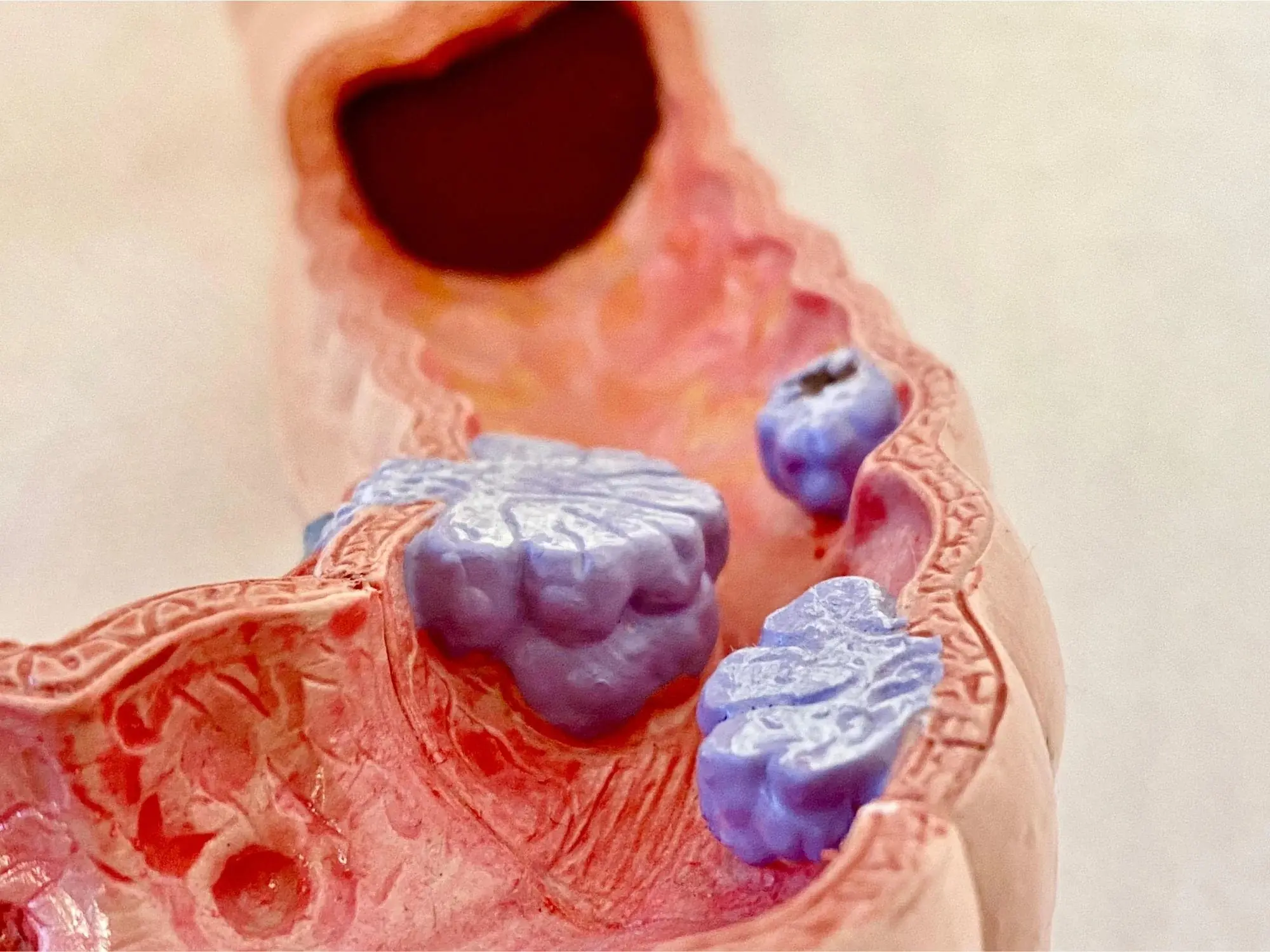
Stage 3 Colon Cancer Discovered Through a Symptom That Occurred 10 Times a Day

Mold Illness: What It Is and Hidden Signs You Have It

How to Get Rid of Bad Breath (Halitosis): Scientifically Proven Home Remedies

Do You Sleep With Your Cat? You Could Be At Risk For This Silent, Deadly Disease

10 Habits That Harm Your Heart That You Probably Didn’t Know About

15 Common Cancer Symptoms You Shouldn’t Ignore

The Anti-Cancer Diet: Evidence-Based Cancer-Fighting Foods for Prevention

If Your Nails Show These Signs, Get Checked Immediately

How Long a Person Can Live: You Can Tell Just by Looking at These 4 Key Areas

A Newly Discovered Drink That Fights Cancer: It's Not Tea or Coffee

Proven Health Benefits of Celery & Nutritional Facts (Evidence-Based)

Mold Illness: What It Is, Hidden Signs, and How to Protect Your Home

80% of Heart Attacks Are Preventable: Embrace These 5 Simple Habits
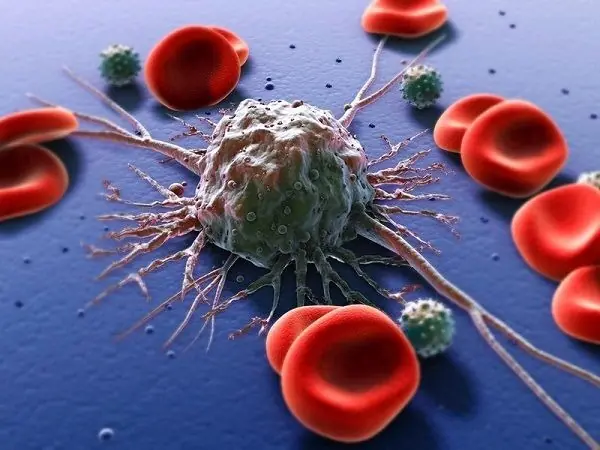
Is Cancer Hereditary? Helpful Tips to Prevent the Growth of Cancer Cells
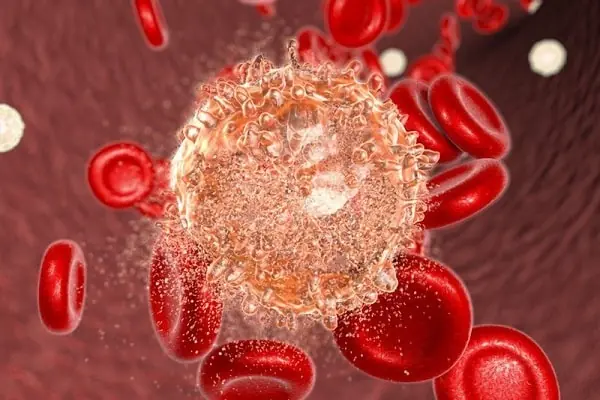
Warning from Hospitals: Eating This Type of Meat Every Day Can Increase Cancer Risk – Don’t Be Complacent!
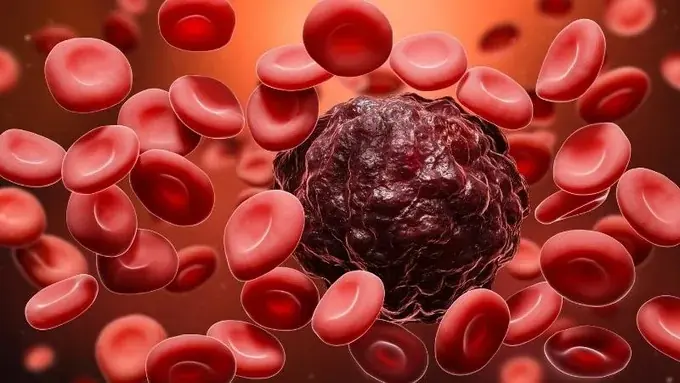
3 Pain Areas on the Body That Could Signal Early-Stage Cancer: Don’t Delay, or It Could Spread

Natural Solutions for Gout: Tackling Uric Acid to Prevent Pain
News Post

Should Men Give Up Their Seats on Public Transport for Women? Battle Breaks Out Over Londoner’s Viral Clip

The Reason Why You Start Waking Up Earlier As You Get Older

People Apparently Still Don’t Know What Paprika Is Made From

Scientists Say That The Brain Senses Emotions In Others Without You Even Knowing It

Rubbing Ginger on the Soles of Your Feet Before Bed: Discover the ‘Miraculous’ Health Benefits

5 Common Recurring Illnesses That May Be Warning Signs of Cancer

Stage 3 Colon Cancer Discovered Through a Symptom That Occurred 10 Times a Day

Mold Illness: What It Is and Hidden Signs You Have It

How to Get Rid of Bad Breath (Halitosis): Scientifically Proven Home Remedies

Do You Sleep With Your Cat? You Could Be At Risk For This Silent, Deadly Disease

The Ultimate Stand: A Woman's Fight to Reclaim Her Dream Home from Entitled In-Laws and an Irresponsible Husband
Discover the inspiring story of a woman who worked tirelessly to build her dream home, only to have it claimed by her husband’s family. A tale of strength, resilience, and the ultimate stand for respect and self-worth.

Lip Reader Reveals Shocking Words CEO Said To Woman On Coldplay Kiss Cam

3 Incredible Airplane Stories That Will Leave You Speechless
Discover three shocking and heartwarming true stories that prove anything can happen when you’re 30,000 feet in the air. From conmen to surprising proposals, these tales will leave you in awe.

I Didn't Tell My Husband's Family I Speak Their Language, and It Helped Me Uncover a Sh0cking Secret About My Child
What happens when secrets are buried in a marriage? Discover how a simple misunderstanding and language barrier uncovered shocking truths. Read the story of betrayal, love, and trust in this emotional tale.

“I’m Done Paying!” — The Day She Finally Stood Up to Her Husband’s Family Li3s
Alina, tired of being the financial lifeline for Sergey and his mother, decides it’s time to put herself first. After uncovering the truth about their living situation, she confronts Sergey, forcing him to face the consequences of his neglect. What foll

She Was Paying Rent for Two Years — Until a Stranger in the Elevator Said One Sentence That Changed Everything
For two years, she thought she was paying rent — until a neighbor revealed the apartment belonged to her husband’s mother. Anna quietly uncovered the truth behind the monthly payments, and when the facts were undeniable, she chose to walk away — wi

A little girl shares her lunch with a hungry classmate — years later he shows up at her wedding, and who would have thought
In the noisy cafeteria of an elementary school, a little girl named Lilia noticed a lonely boy with an empty tray. She shared her lunch, expecting nothing in return. Years later, as she stood at the altar in her wedding dress, that same boy—now a succes

Homeless Dad of Four Gives His Last $2 to a Stranger—Wakes Up to a Life-Changing Surprise!
When Brandon, a homeless father of four, gave his last $2 to help an elderly man buy a bottle of water, he had no idea that simple gesture would turn his life upside down. The next day, he inherited a massive company and a lavish estate—only to find him

After the Divorce, My Dad Always Chose His New Family's Kids—But He Didn't Expect This at My Graduation Party
They say family is everything, but sometimes, it’s the family that hurts you most. My name is Sharon, and I’ll never forget the day my father’s favoritism towards his new family crossed the line—only to learn the hard way that actions have consequ